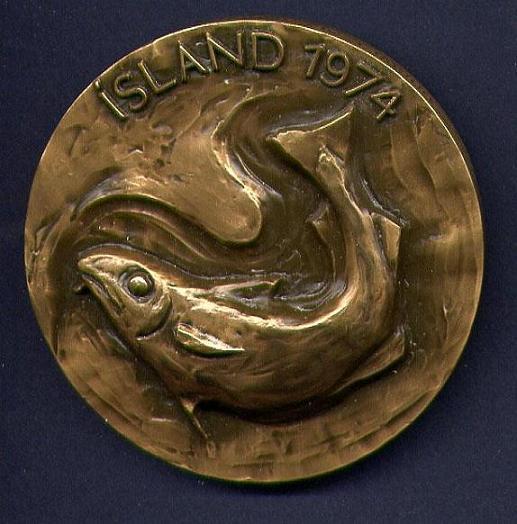Of course you've heard of "Operation Restore Effective Survival in Shock" (Op RESUS)
UPDATE: Monday, March 23, 2009 -
Navy to try again to get Hemopure trial OKd source
 News of a blood substitute has potential benefits for submariners, especially when the Navy has been involved in the related clinical trials. This updates M.E.'s More Submarine Medical Matters from 2006, as well as from USS Nebraska Tragedy, from September last:
News of a blood substitute has potential benefits for submariners, especially when the Navy has been involved in the related clinical trials. This updates M.E.'s More Submarine Medical Matters from 2006, as well as from USS Nebraska Tragedy, from September last:December 31, 2008 - FDA blocks Naval trial of Hemopure - The Food and Drug Administration blocked the US Naval Medical Research Center from launching a clinical trial to see whether Biopure's product, Hemopure, could successfully be used to treat casualties when traditional blood transfusions are unavailable,Biopure said late Tuesday.
December 11, 2008 - US Navy to Trial Hemopure Stabilized Hemoglobin - U.S. Naval Medical Research Center (NMRC) has submitted to the FDA a revised investigational new drug application to begin a clinical trial of Hemopure® [hemoglobin glutamer - 250 (bovine)], a stabilized hemoglobin, for pre-hospital battlefield treatment of trauma patients. The study is entitled Operation Restore Effective Survival in Shock (Op RESUS).
According to Wikipedia article (WARNING: does not cite any references or sources) Hemopure's ® blood substitute allegedly possesses these advantageous properties:
Stability (36 months) at room temperature
Compatibility with all blood types
Ultra-purity assuring inactivation of potential contaminants, infectious agents (e.g. viruses, and bacteria) and TSE agents.
In June 2008, the NMRC had submitted and subsequently withdrew an Op RESUS protocol for Phase 2 clinical trials of Hemopure for casualties when blood transfusion is not available. The latest trial hypothesized that for such casualties Hemopure would improve survival, be relatively safe and well tolerated, in comparison with standard fluid. Had the trial been permitted to proceed, subjects would have signed advanced informed consents. The revised Op RESUS protocol addressed some of the issues raised by the FDA on the initial filing.
Hemopure(R) HBOC-201 is approved for sale in South Africa for the treatment of surgical patients (non-trauma) who are acutely anemic. The US FDA, however, refused the Op RESUS trial for three reasons: the safety of the trial’s subjects, a protocol deficient in meeting stated objectives and brochure content. Biopure's related veterinary product HBOC-301, is the only oxygen therapeutic approved for marketing by both the U.S. Food and Drug Administration and the European Commission, and is indicated for the treatment of anemia in dogs.
Suitable blood substitutes have been pusued by pharmaceutical companies since the Viet Nam war. The medical goals are worthwhile although the quarry has been elusive.
If the National Naval Medical Center (NNMC), also known as the Bethesda Naval Hospital, is unfamiliar to you, naval history may not be your accute interest:
When NNMC was dedicated in 1942, its mission was providing medical care to military personnel only. Because Franklin D. Roosevelt had paralysis of his lower extremeties, the medical center provided precedent setting care necessary for his official office.
On May 22, 1949, Secretary of Defense James V. Forrestal alledgedly committed suicide there by jumping from a sixteenth floor window.
An autopsy of U.S. President John F. Kennedy was performed at Bethesda Naval Hospital during the evening of November 22, 1963. The manner in which the autopsy was conducted and photographic analysis of it have become the subject of controversy.
On July 13, 1985, Reagan underwent surgery to remove polyps from his colon. In a letter transferring power to then vice president George H. W. Bush, Reagan deliberately invoked the Acting President clause of the 25th Amendment. [1]
Submarines are always silent and strange.


0 Comments:
Post a Comment
<< Home